Published
9 months agoon
By
Adubianews
The Bank of Ghana has officially disclosed a total loss of GH¢2.137 billion over two years from the now-defunct Gold for Oil (G4O) programme, which was introduced to stabilise fuel prices and protect the cedi amid economic pressures.
Launched in January 2023, the initiative recorded a GH¢317 million loss in its first year and a staggering GH¢1.82 billion loss in 2024. In total, the central bank injected GH¢4.69 billion into the programme, effectively losing 45% of its capital investment.
The Bank terminated the Gold for Oil policy on March 13, 2025, citing the massive financial losses as the key reason for halting the programme.
The Gold for Oil initiative was introduced in December 2022 in response to skyrocketing fuel prices, diesel had hit GH¢23 per litre, and petrol GH¢17 at major outlets like GOIL. The Ghanaian cedi was rapidly depreciating, and foreign reserves were being depleted. In response, the government and the Bank of Ghana opted to exchange gold for petroleum products instead of spending scarce U.S. dollars.
This strategy aimed to reduce demand for foreign currency and ease pressure on the cedi, as Ghana imports approximately $400 million worth of fuel each month.
The initiative was linked to the domestic gold purchase programme launched in June 2021. Through a partnership with the Precious Minerals Marketing Company (PMMC), now GoldBOD, the Bank bought raw gold (dore) from local miners using cedis.
The gold was then sold abroad through brokers, who deposited the proceeds in the Bank’s offshore accounts. These U.S. dollars were subsequently used to import fuel. However, the funds remained overseas, and no foreign currency was directly injected into Ghana’s economy.
A major criticism of the G4O programme is its lack of transparency. The criteria for selecting gold brokers, the fees paid, and the number of intermediaries involved have not been disclosed. Additionally, the arrangement bypassed parliamentary oversight, with the government insisting it was a central bank initiative and not an executive policy requiring approval.
Despite the opaque structure, the cedi did experience some stability following the launch of the programme, and fuel prices dropped. Former Finance Minister Ken Ofori-Atta stated during the 2024 budget presentation that G4O was responsible for around 30% of petroleum imports at the time.
The Bank’s 2024 financial report attributed the majority of the GH¢2.1 billion loss to foreign exchange losses, but did not provide specifics on the volume of gold acquired, quantities of fuel supplied, or the cost breakdown of commissions and broker fees.
While the Gold for Oil programme may have delivered short-term relief in fuel prices and reduced dollar demand, it has ultimately been deemed an expensive and unsustainable intervention. With over GH¢2.1 billion in losses and numerous unanswered questions, the initiative ended as a high-cost experiment in economic crisis management.
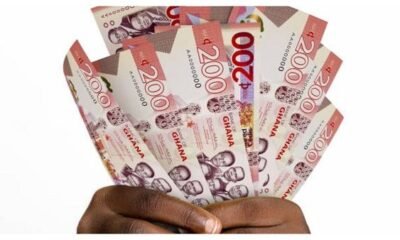

Bank of Ghana Urges Ghanaians to Respect the Cedi as a Symbol of National Dignity
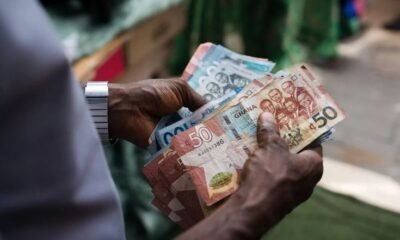

Cedi Turns 60: Bank of Ghana Marks Milestone with National Celebration
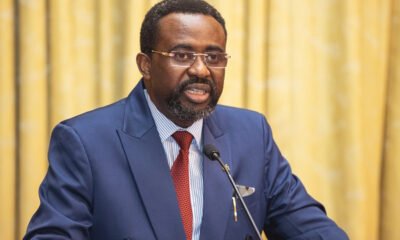

BoG Assures Businesses of Dollar Availability, Cuts Policy Rate


BoG Cracks Down on Huge Dollar Withdrawals to Protect Ghana’s Economy
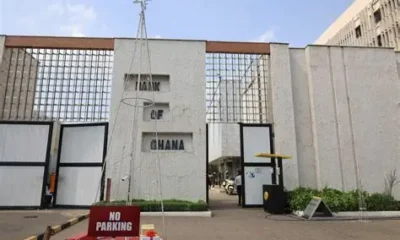

BoG to Ban Wilful Loan Defaulters from Credit Access for Five Years


BoG Postpones Cedi@60 Launch Following Fatal Helicopter Crash


BoG Quells Fears of Dollar Shortage, Reaffirms Commitment to Forex Stability


BoG Governor Attributes Cedi Stability to Policy Reforms and Investor Confidence
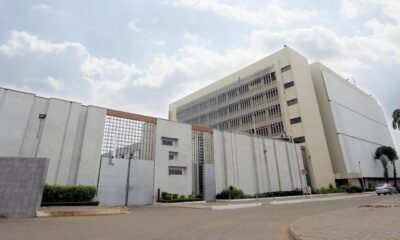

Ghana’s $1.4 Billion FX Sale in Q1 2025 Raises IMF Concerns

























